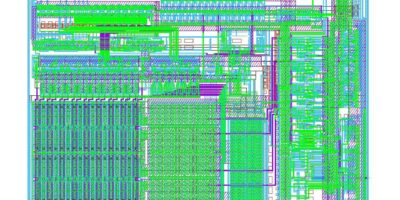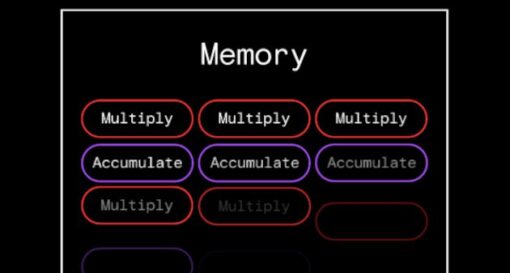
Plastic Logic, E Ink launch flexible e-paper color display
The move was expected as Plastic Logic has been collaborating with E Ink for some time (seeE Ink renews agreement with Plastic Logic).
Plastic Logic, a company originally founded as a spin-off from Cambridge University in the UK, has expertise in organic thin film transistor (oTFT) arrays for driving displays and is now headquartered in Hong Kong, China, after a complex journey. As an additional complexity its technology is now being manufactured in Russia. The technology is high resolution, lightweight and low power and more rugged than glass-based TFTs. Being thinner and lighter weight makes them suitable for wearable applications. Such displays are daylight readable but make lack the vibrancy of LCD and OLED displays.
E Ink’s expertise is in electrophoretic displays. E Ink’s ACeP is a color reflective electronic paper that has been used in signage applications that do not require flexible form factors. The addition of the Plastic Logic backplane allows for expansion into applications that benefit from thinner and lighter weight displays.
“We are very excited to collaborate with E Ink to provide the market with the world’s first plastic displays using ACeP film,” said Tim Burne, CEO of Plastic Logic, in a statement. “Our new range of Legio flexible color displays will enable customers to bring new color applications to market faster and, we believe, more cost effectively. Evaluation Kits will be available later this year so that designers can try out the displays in real world applications.”
Legio products are made using oTFT backplanes manufactured by TENFlecs in Moscow, one of Plastic Logic’s manufacturing partners.
Plastic Logic was founded in 2000 and created a manufacturing site in Dresden, Germany, which opened in 2008. However, success did not follow despite an injection of $230 million by Rusnano the Russian sovereign investment vehicle, in 2011. In 2015 Plastic Logic was split into FlexEnable Ltd. based in UK as holder of the intellectual property and Plastic Logic GmbH as a licensed manufacturer. The technology licensed from FlexEnable Ltd. allows organic electronics to be manufactured on flexible plastic film over large and small surfaces.
However, Plastic Logic announced it was closing its Dresden facility on October 25, 2018. “The future of Plastic Logic’s business is very bright. We continue to see strong demand for glass-free displays building globally. The decision to close the factory is a positive natural progression that improves our offering and the efficiency of the business,” said Burne at the time.
2019年6月,E Ink宣布投资Plastic Logic HK Ltd. a company formed by Rusnano in Hong Kong, to bring commercial mass-produced OTFT electrophoretic displays to market. The size of the investment from E Ink was not disclosed.
Ten FLECS, founded in 2016, is a generation 2.5 flat panel display and thin film electronics factory located in the Troitsk suburb of Moscow, Russia, which was due to start manufacturing in 2Q19.
The Plastic Logic website states that Plastic Logic HK Ltd. is now the parent company with PL Germany GmbH (Dresden, Germany) as a subsidiary.
Related links and articles:
News articles:
E Ink renews agreement with Plastic Logic
FlexEnable takes the money for move into smart automotive surfaces






